Opinion: Professional athletes unwillingness to get vaccinated is detrimental to their teams
Credit: Delia Caulfield and Genevieve Morrison
WSPN’s Delia Caulfield discusses how professional athletes unwillingness to get vaccinated is detrimental to their teams.
November 11, 2021
Over the past year and a half, the coronavirus has wreaked havoc upon the world, making normalcy seem difficult to achieve. More specifically, in regards to sports teams, there was the prominent question of whether professional sports would ever be the same again. However, like the rest of the world, sports have been adapting to change and working to restore normalcy. This has been made possible through advancements to combat the virus, the most effective being the coronavirus vaccine.
Currently, about 93% of professional athletes and 98% of professional sports staff are fully vaccinated. These numbers are promising, however, this isn’t enough for our world to resemble what it once was.
It’s important to note that there isn’t a vaccine mandate across the professional sports world, but certain cities in the U.S. are requiring its players to be vaccinated.
According to New York City law, professional athletes who are regularly employed by or are residents of the city, must have received at least one dosage of the vaccine to be allowed to participate in games and practices. Despite these reasonable conditions, certain athletes have refused to comply with these requirements, and have therefore been benched as a result.
The Brooklyn Nets are suffering a tremendous loss, as Kyrie Irving, one of their star players, is currently benched due to his refusal to receive the vaccine. Irving’s reasoning behind his decision was that it was a personal choice, and that he didn’t want others to dictate what he did with his body.
“This is my life,” Irving said. “I get to do whatever I want with this, this is one body that I get here. And you are telling me what to do with my body… This has everything to do with what is going on in our world. And I am being grouped into something that is bigger than just the game of basketball.”
Yes, no one can force Irving and other unvaccinated players to become immunized. However, Irvings unwillingness to obey New York City laws is selfish, and it’s detrimental to his team and its fans.
It’s true that professional sports teams shouldn’t depend solely on one individual to carry the team. However, Irvings reluctance is a disappointment to the team and Nets fans, as they watch one of their star players choose to question the authenticity of a vaccine that has been proven safe by the FDA.
In refusing the vaccine, athletes such as Irving have blatantly disregarded the impact of their absence on their team. For instance, the Nets have established themselves as a force on the court, with their “Big Three” being Kyrie Irving, Kevin Durant and James Harden. However, Irving’s absence causes looming doubt surrounding the team’s success going into this season.
Irving’s hesitance to become immunized has not only negatively impacted him in his game appearances, but in regards to his income as well. It was calculated that Irving would lose around $17 million dollars, assuming he doesn’t get vaccinated for the rest of the season. This is a tremendous loss in any sense of the word, as this is a gigantic sum of money even for a star athlete whose net worth is around $90 million dollars.
No one can force an individual to get vaccinated; they can only encourage them. However, it’s important for athletes to consider the effect of their refusal, and how it is negatively affecting their team and their loyal fan base.
Earlier this week, the Green Bay Packers quarterback, Aaron Rodgers, tested positive for COVID-19. Due to these circumstances, Rodgers was required to quarantine for a minimum of 10 days to avoid potentially spreading the virus to teammates and NFL staff.
Despite Rodgers’s previous statement in August, claiming that he was immunized, he is unvaccinated. Rodgers justified this decision by explaining that he is allergic to an ingredient in the Pfizer and Moderna vaccines. Additionally, Rodgers argued that getting vaccinated should be a personal decision, and that he doesn’t want to disclose his medical information.
The most outrageous part of his statement is that he refused to accept responsibility for lying about being immunized. Of course, if it was dangerous for him to take the vaccine due to health concerns, it’s completely understandable for him to refuse to do so. However, I don’t understand why lying was his first instinct. Rodgers’s decision to spread false information was irresponsible and potentially harmful towards others. Additionally, this sheds a vast negative light on Rodgers in my eyes, as he will forever be pegged as a liar and a threat to safety.
With every medical advance comes risk. However, refusing to simply listen to reliable sources, such as the FDA and the CDC, is ignorant. The COVID-19 vaccine has been proven beneficial in protecting individuals against the coronavirus, and it has been deemed as this for months.
Despite the facts, there are constantly going to be those who doubt the legitimacy of the vaccine, and refuse to open their eyes to the truth: the vaccine was created to protect us.


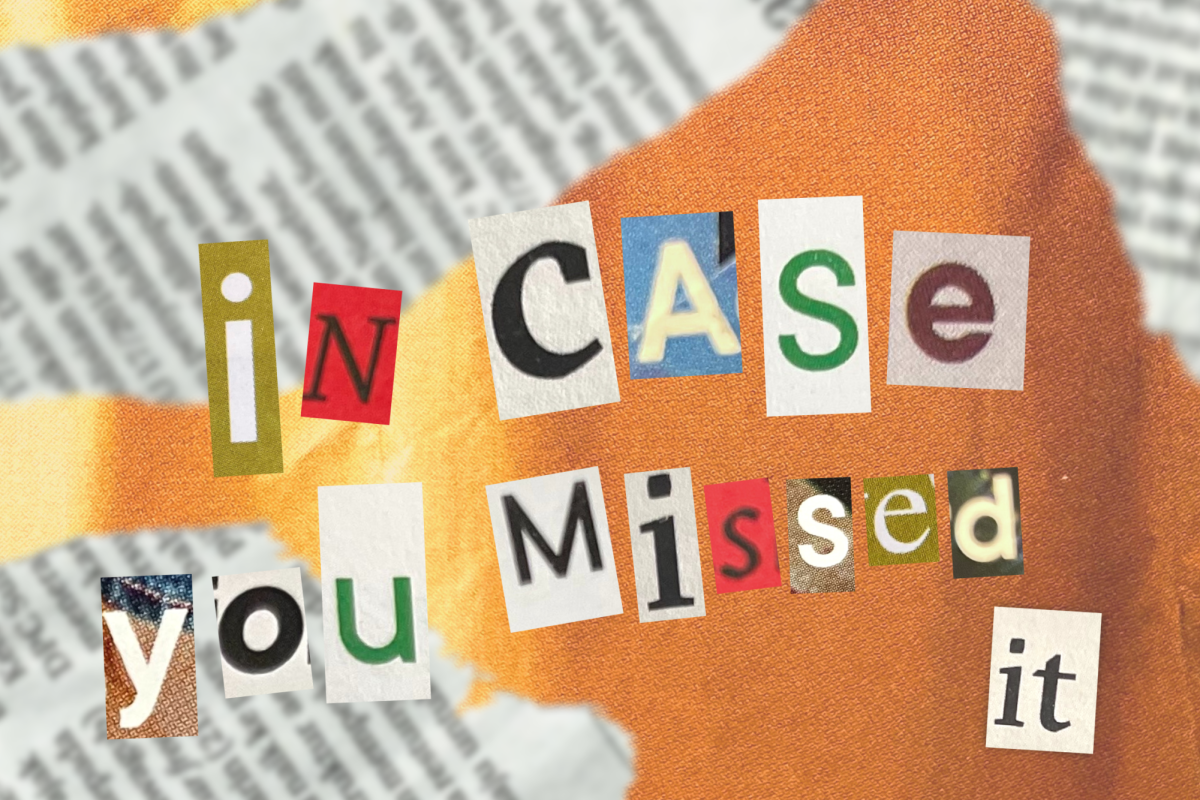








![WSPN staff reporter Marisa Mendoza sits down with Dr. Peggy McIntosh to discuss her work regarding white privilege and how she hopes her work will be influential for years to come.
The purpose of [my published] papers was to say that the public roles we are asked to play are filled with fraudulence, McIntosh said. People in high places, even the president, are fraudulent. We must not let other people make us feel like frauds. Let us continue to spot fraudulence in the public roles we are asked to play.](https://waylandstudentpress.com/wp-content/uploads/2024/04/IMG_7403-scaled-e1714358061368.jpg)
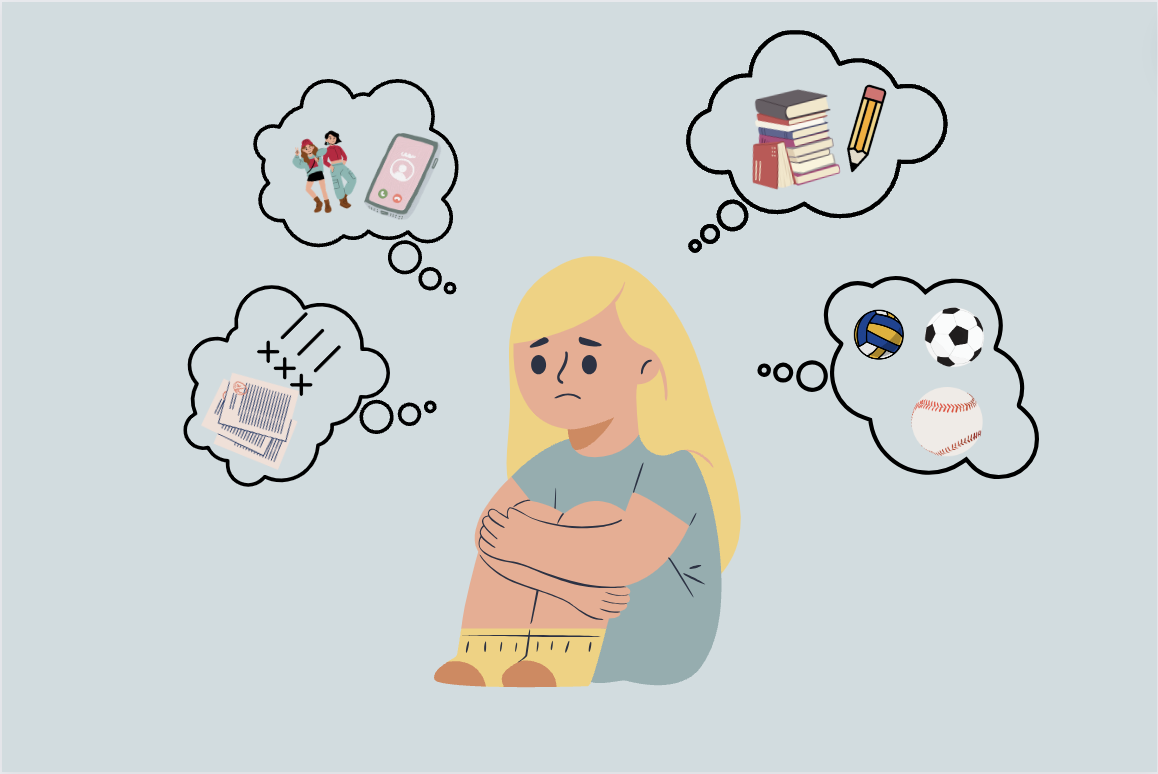
![WSPN’s Annika Martins and Maddie Zajac explore the athletic life of senior Annabelle Zhang through her badminton career. “This [photo] is me and my former partner after we won the 2022 junior nationals mixed doubles category,” Zhang said.](https://waylandstudentpress.com/wp-content/uploads/2024/04/IMG_6629-1200x900.jpg)







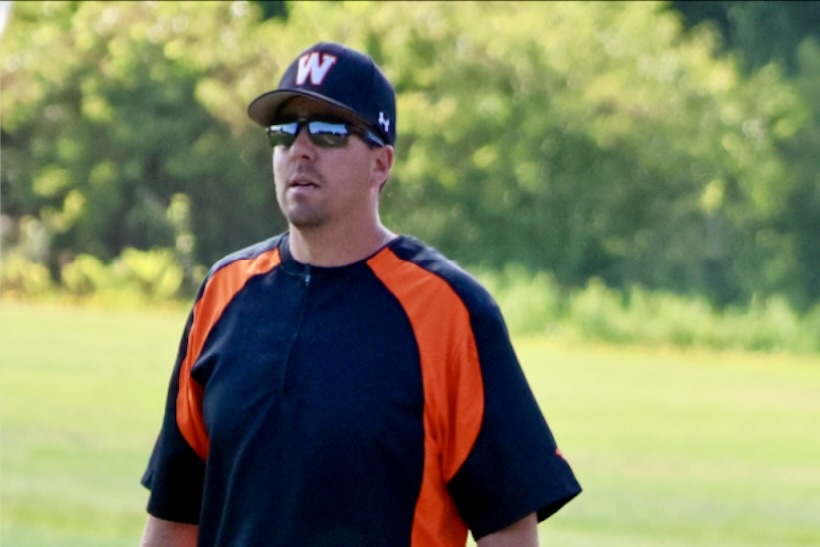

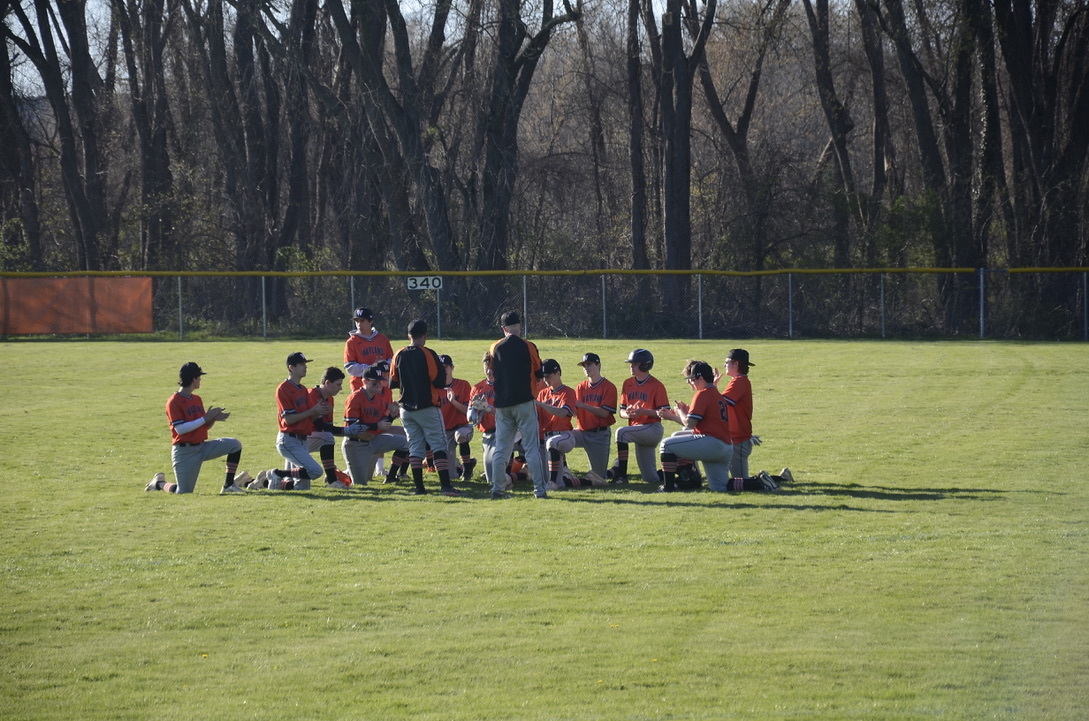
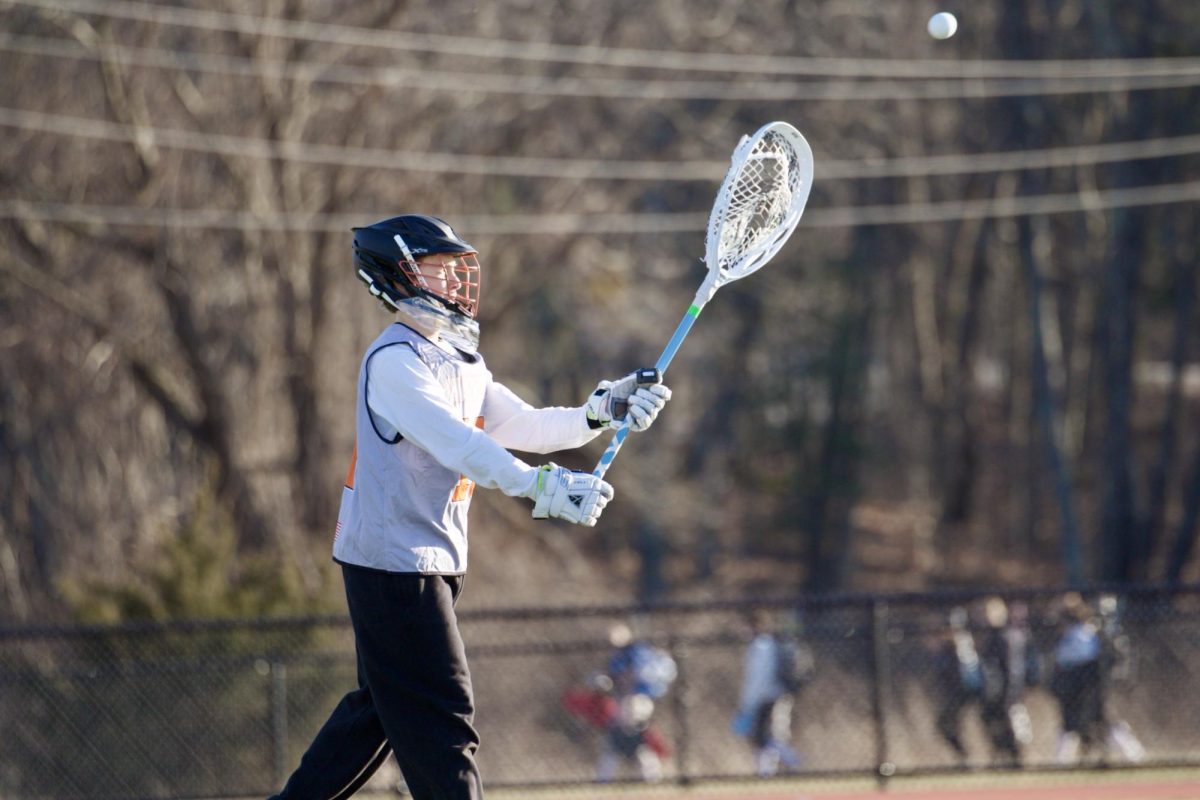
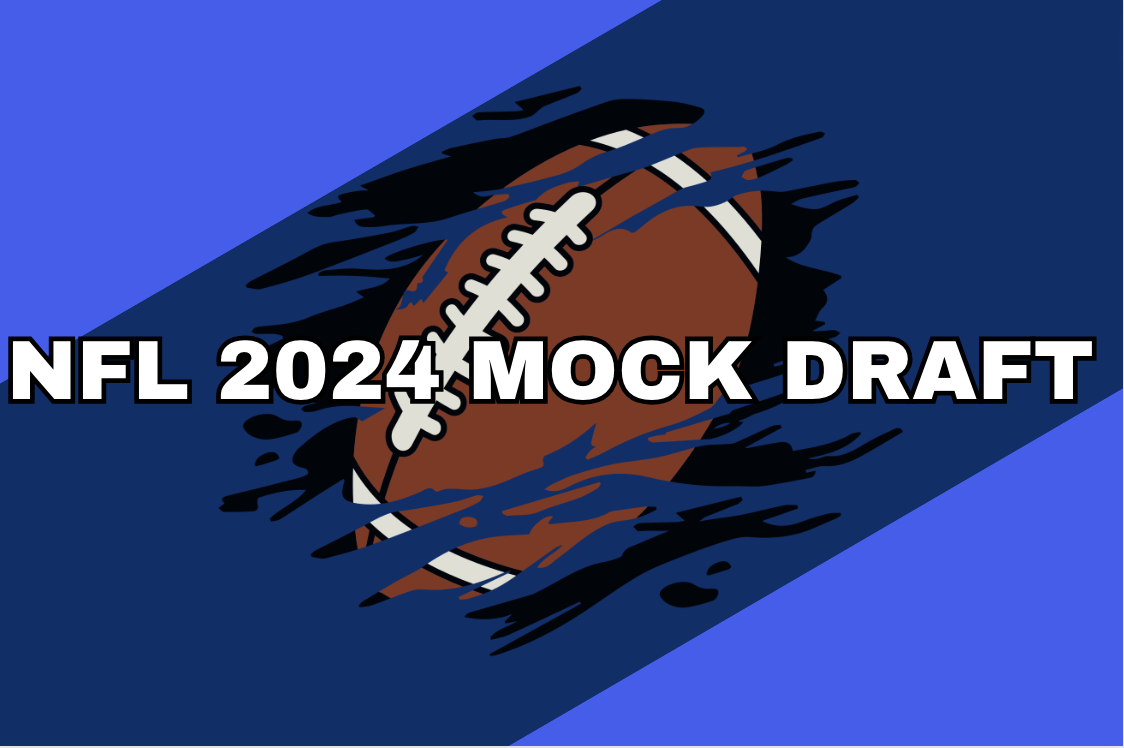
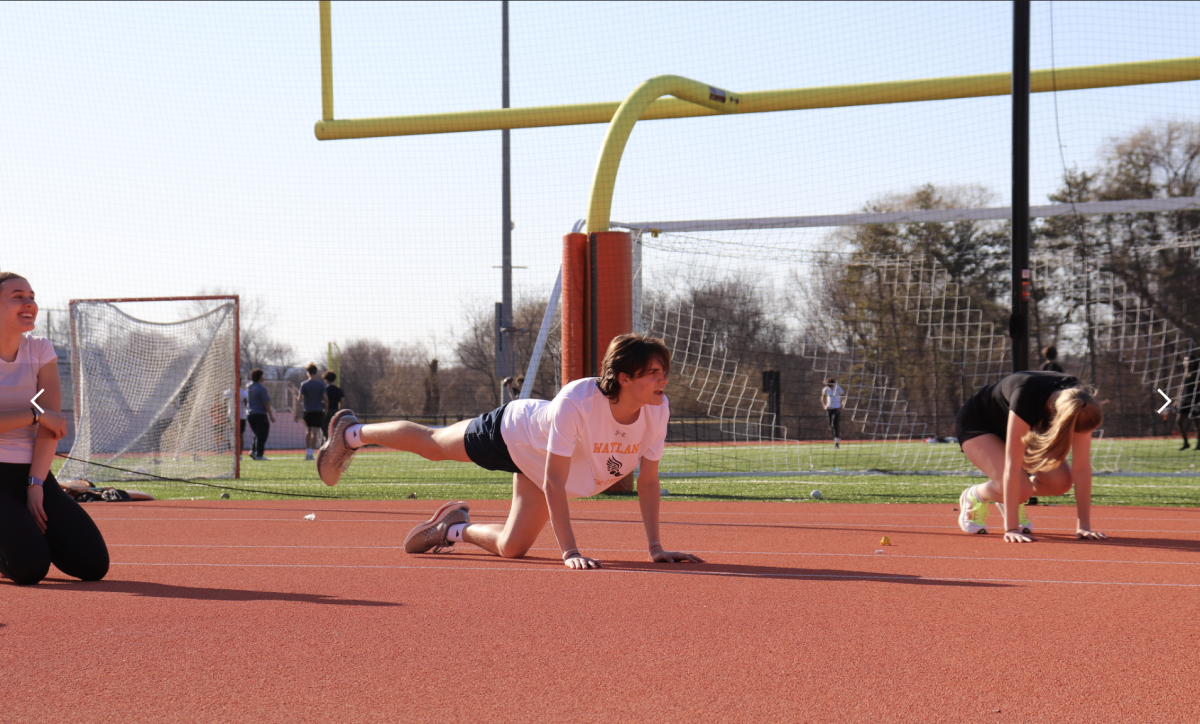
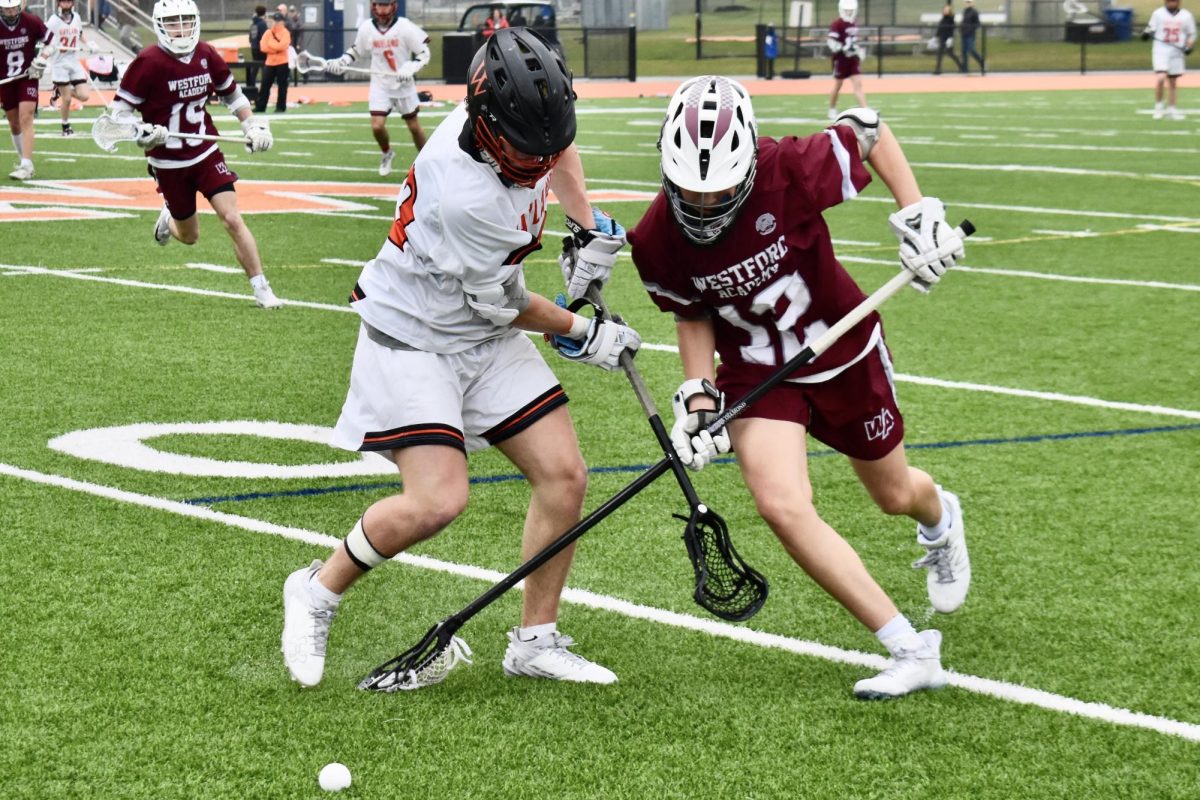
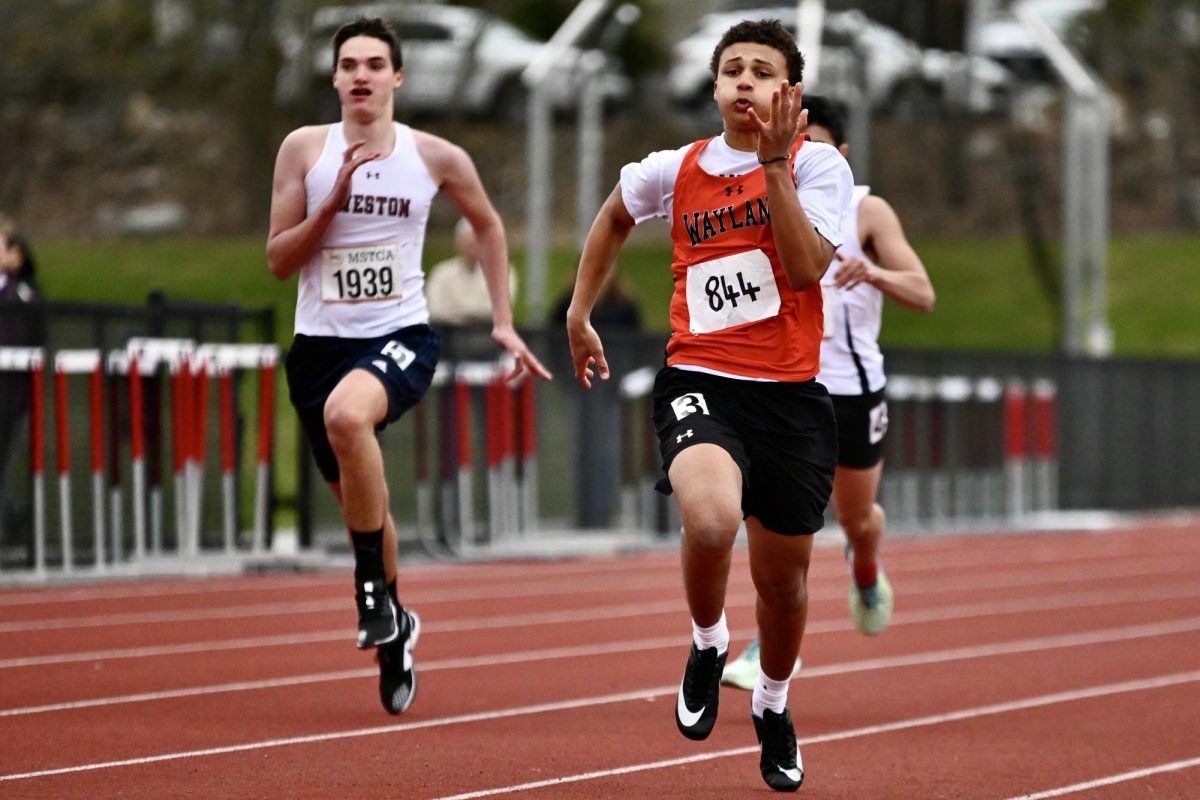
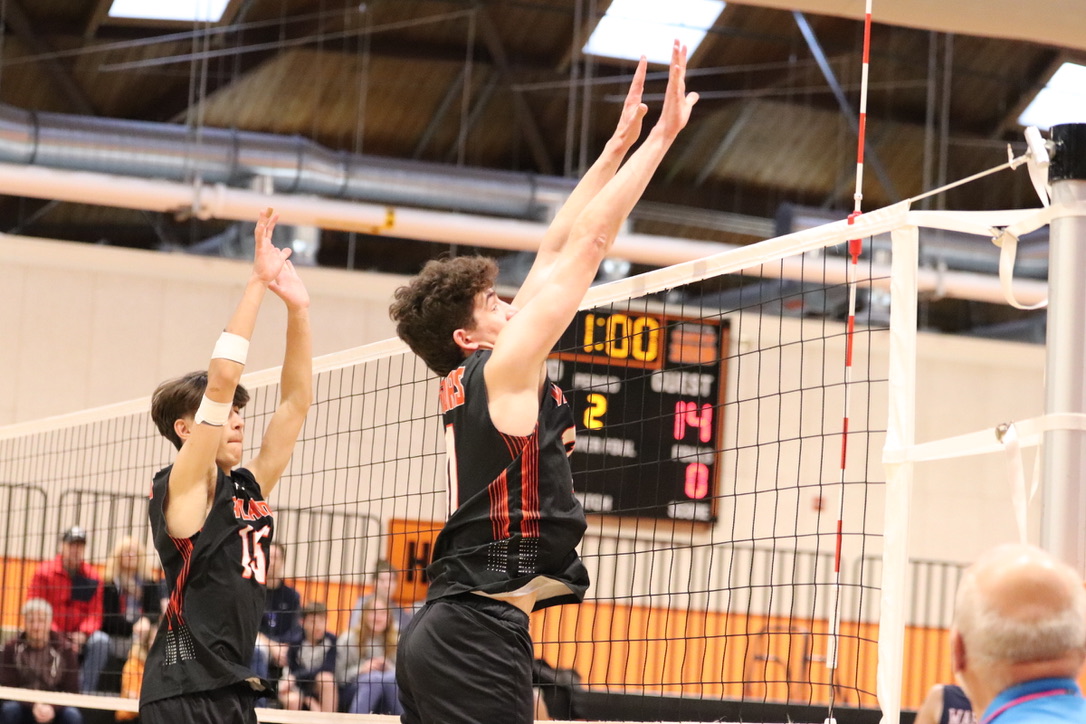
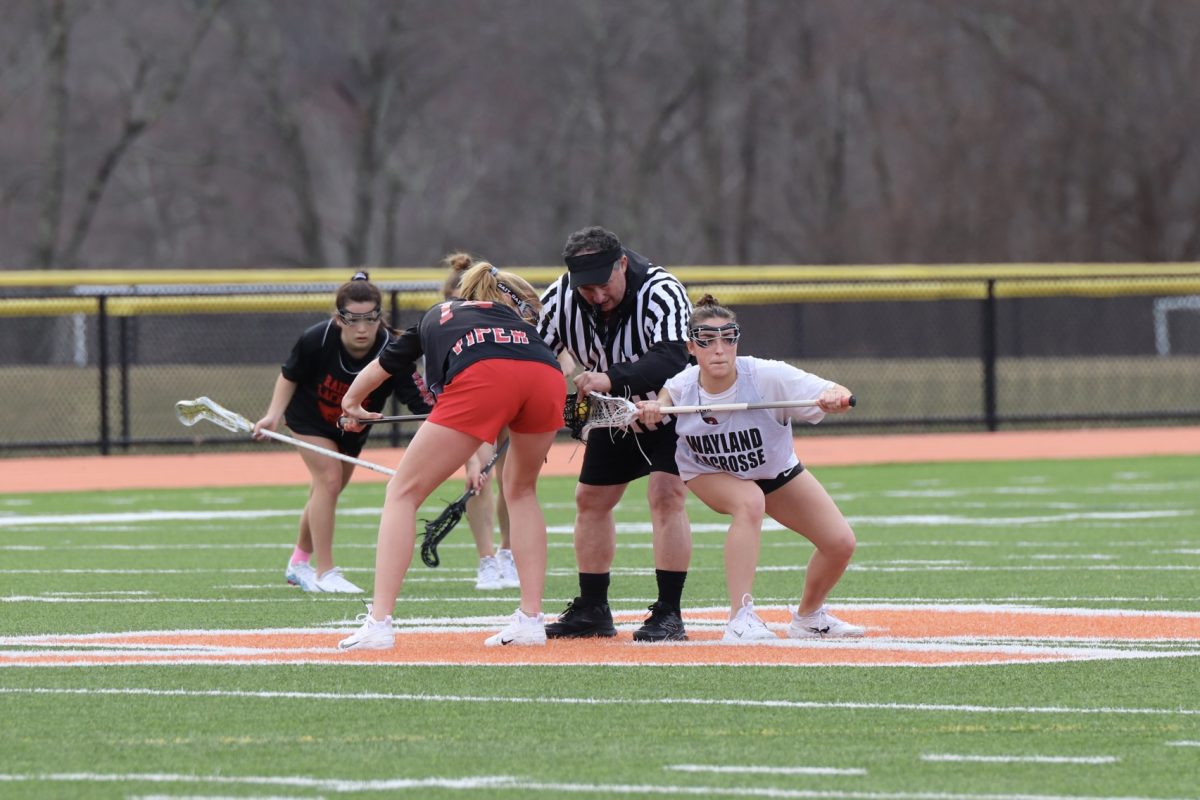
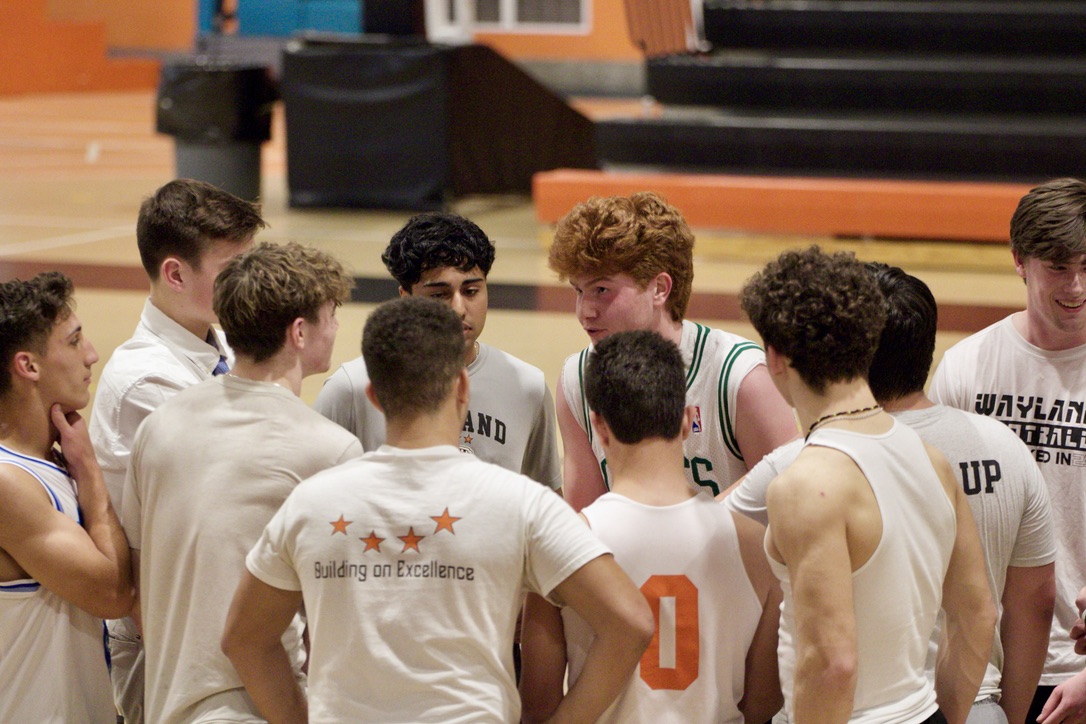






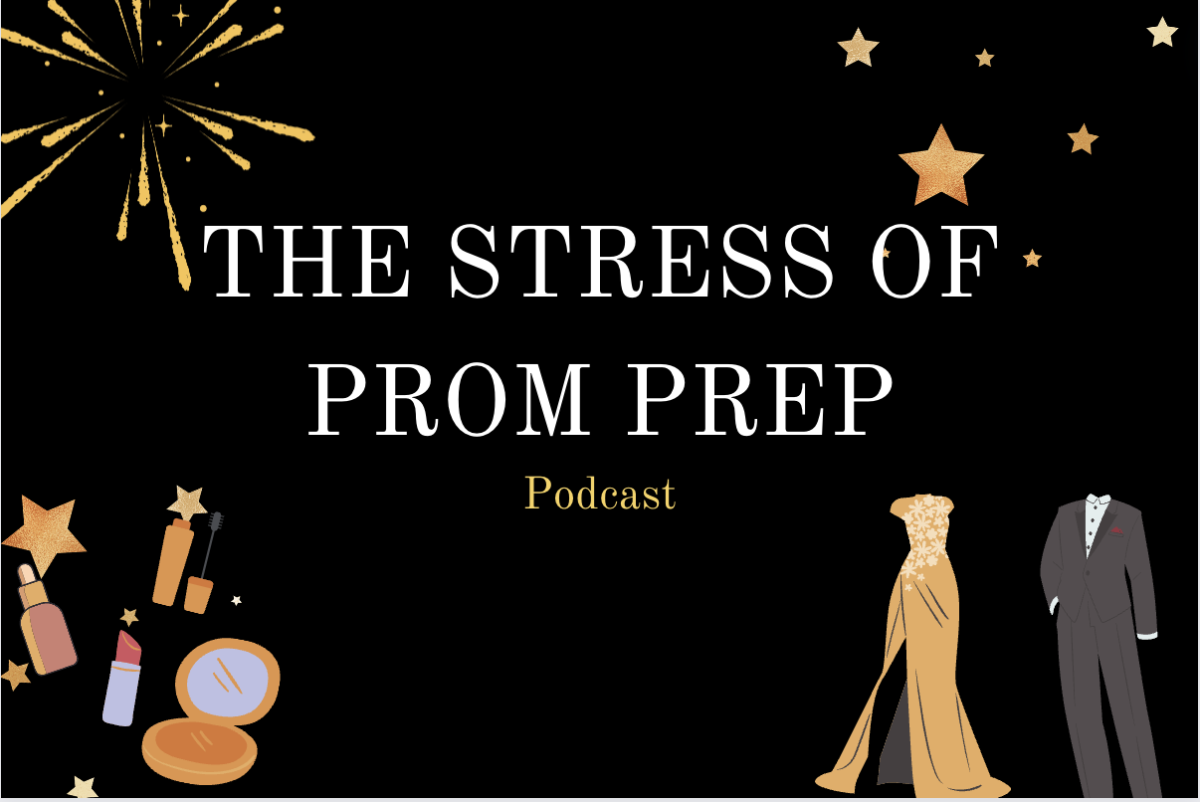

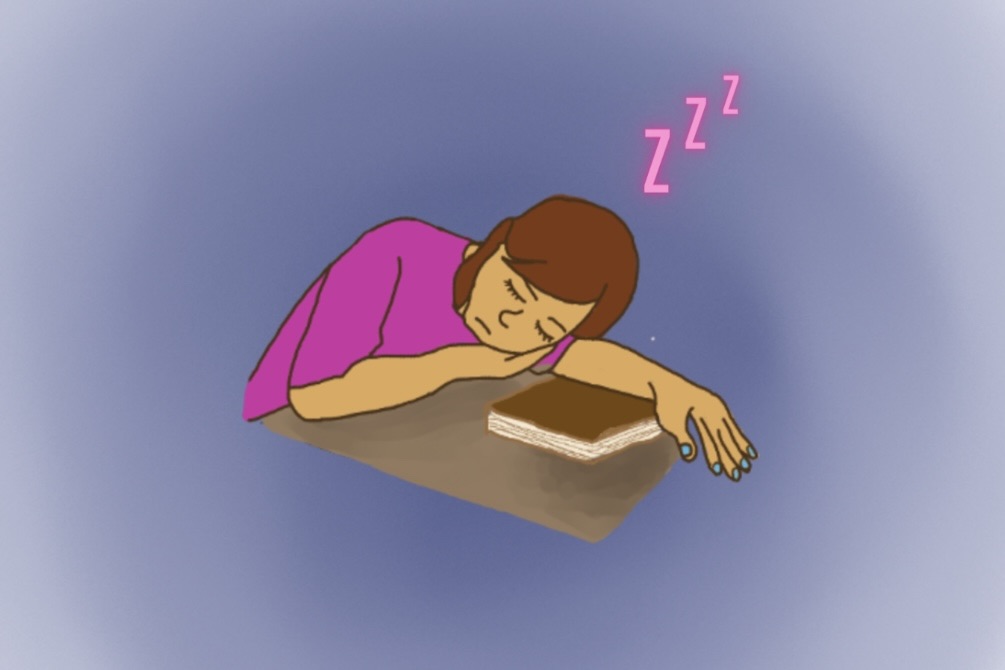
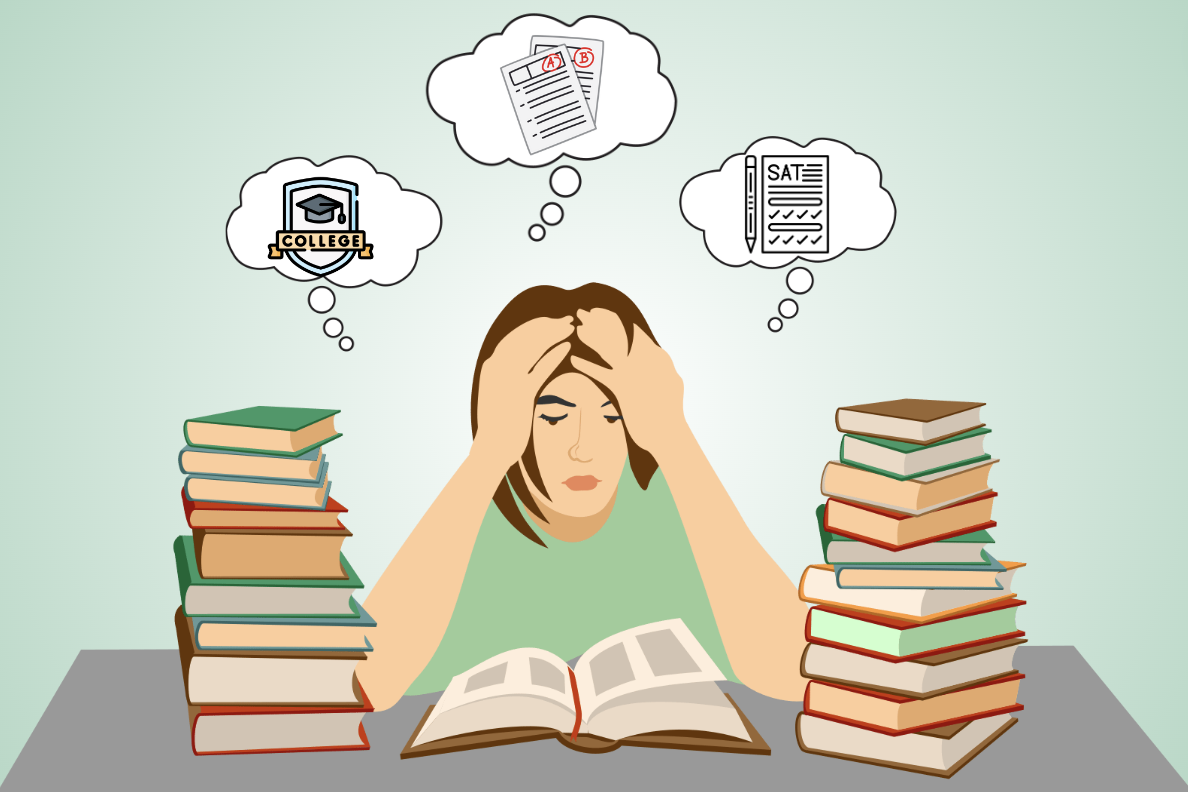















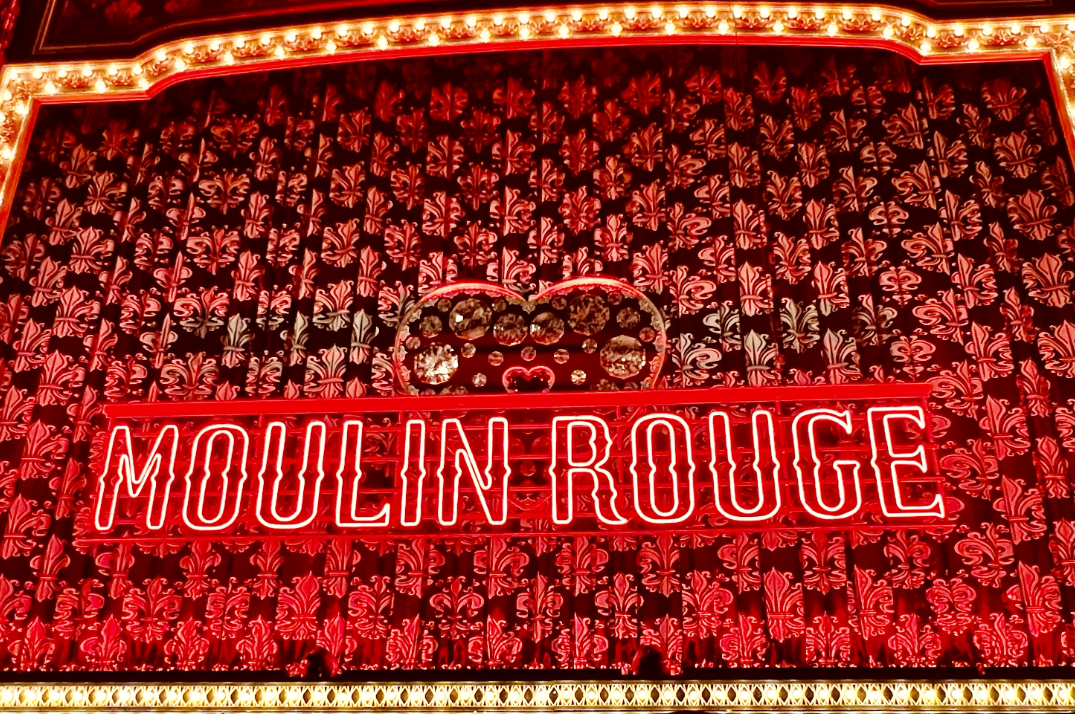

















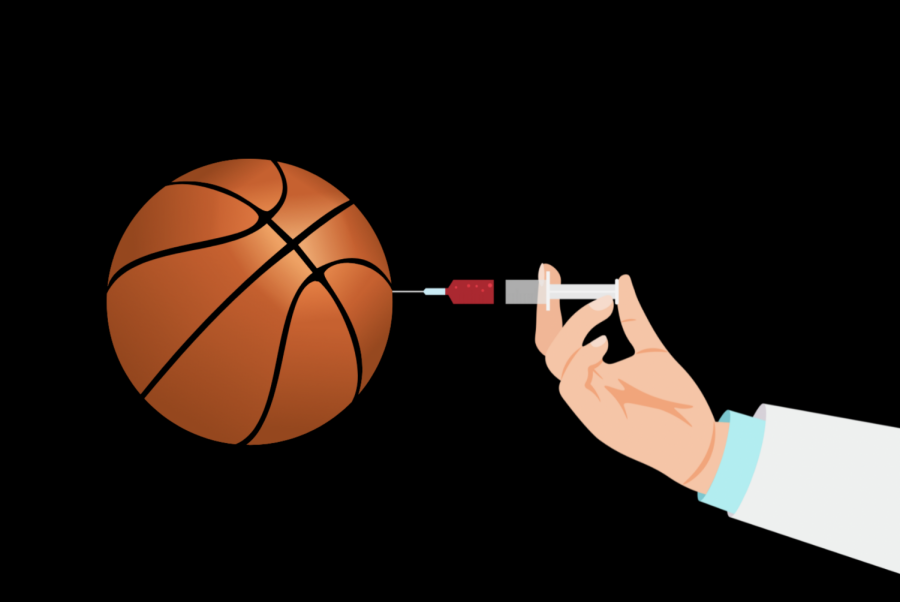




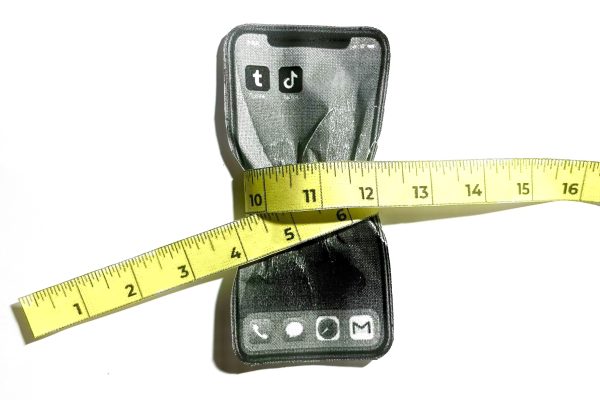
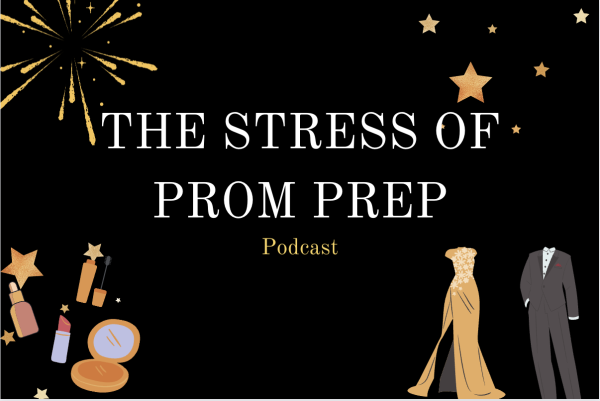

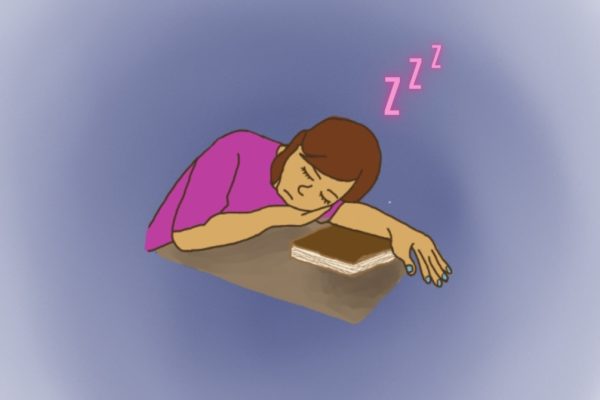
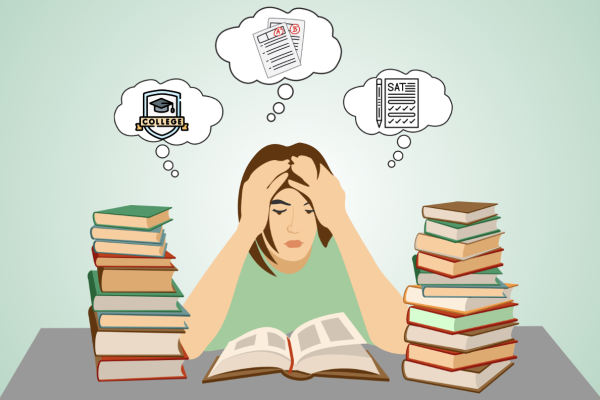
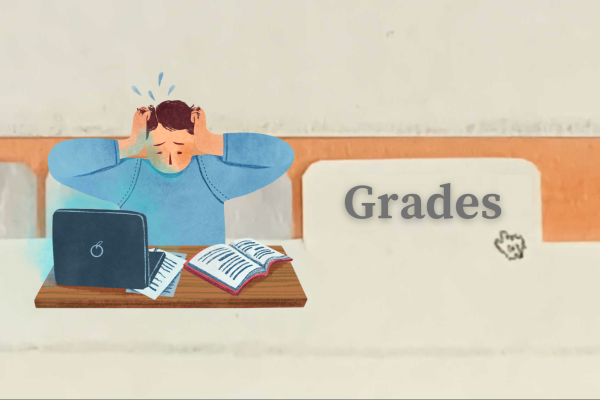
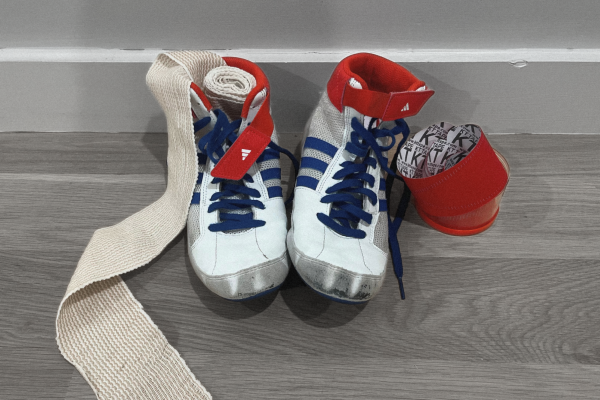

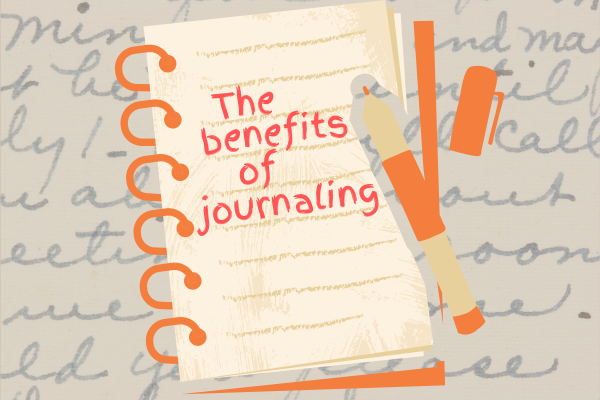
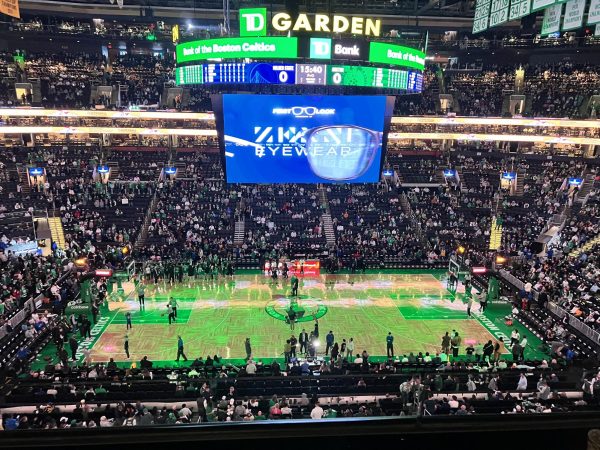
packers fan • Nov 14, 2021 at 2:22 AM
Aaron Rodgers not Aaron Rogers